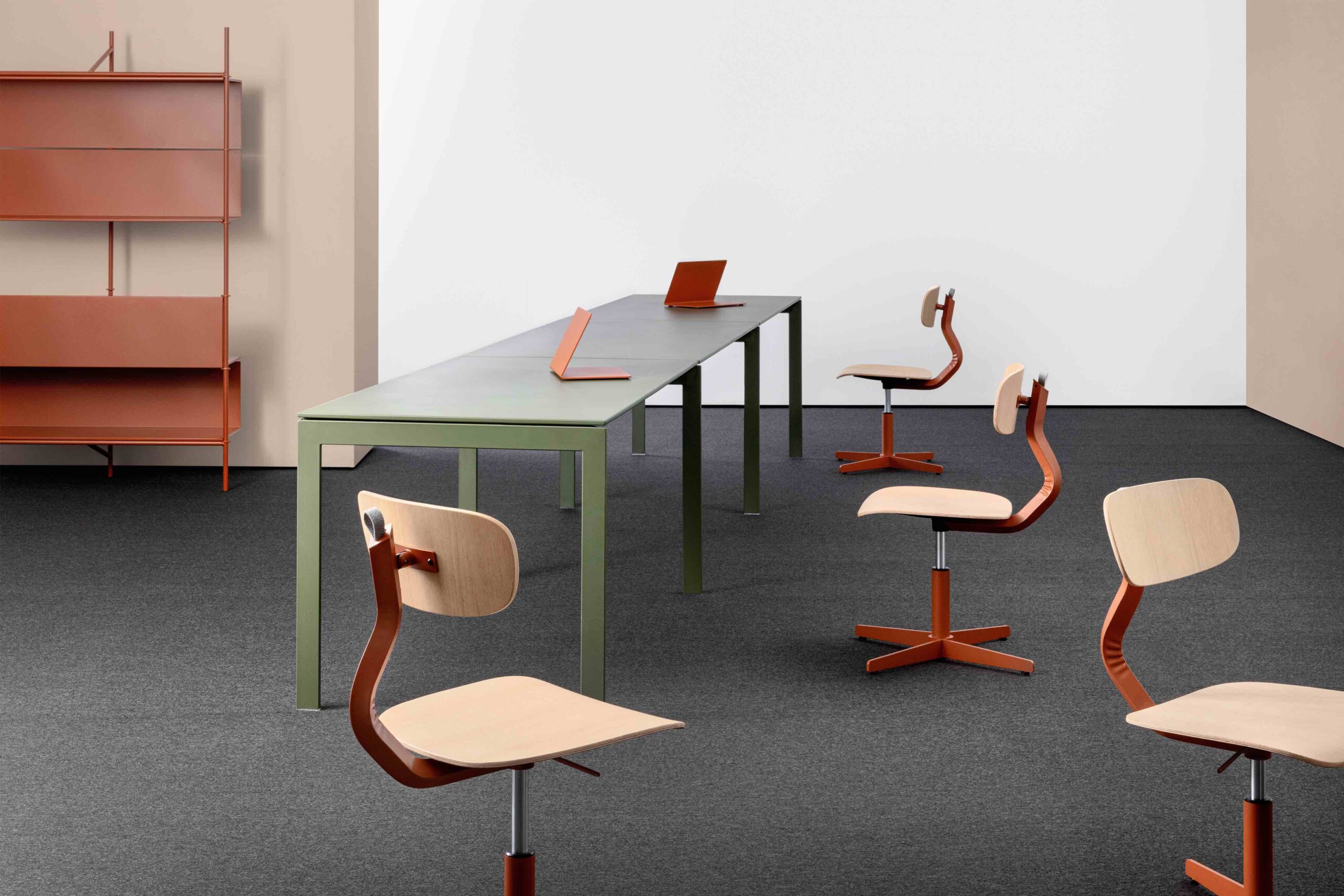
Trust, equality and diversity are key to maintaining a happy workforce with an effective work-life balance
Technology companies are well known for their work perks – and with free lunches, game rooms and pets in the office, they have the makings of a happy workforce. However, these type of workplaces typically miss out on one crucial benefit for employees – family balance.
In fact, in a cruel twist of fate, the myriad of benefits they offer actively discourages work-life balance, as employees enter into a silent contract with their employer whereby the more amenities offered equates to more hours clocked in the office, and less time spent with family and friends.
Nevertheless, tech companies are wising up to the idea that a more flexible work-life balance means better staff retention, increased productivity and more loyal employees with increased morale.
Read more: 7 tips for supporting employee wellbeing during the return to work
Firms such as Reddit, Amazon, Microsoft and IBM are leading by example through employee benefits such as paid parental leave, flexible schedules, family support services and parent and milk-expressing rooms as well as comprehensive recycling and waste management systems.
Despite these efforts, the issue of work-life balance remains a key talking point inside many businesses. We have entered into a culture where it is more normal to check work emails in bed rather than talk to our partner, where we eat lunch at our desks instead of walking in the fresh air, and where we are expected to be constantly ‘on’ outside of work hours. This culture creates a feeling of permanent guilt in employees.
When employees spend time with their families and friends, they are not entirely present because they are worrying about work, yet more often than not they are not equipped to deal with work issues in leisure time outside of the office.
Read more: 5 ideas for positive tech practices
Equally, too much time in the office away from personal relationships outside work can lead to burnout and mental health problems. Both predicaments lead to a workforce that cannot bring their whole selves to work, and therefore cannot perform to their best ability.
It is one thing for companies to change their policies regarding family time, but the real challenge lies in changing the company culture and attitude. A parent who needs to leave the office at 3pm to pick up their child from school may be in keeping with the company’s policy, but if the entire office looks on in judgement as they walk out of the door it creates a feeling of guilt.
It is the responsibility of the company to promote a culture of work-life balance; part of this is through changing policies, but the other part – the more challenging part – is to educate employees that personal life is as important as work life and there needs to be an equilibrium between the two.
Read more: The benefits of having dogs at work
It is unsurprising that studies have found that two-thirds of the world’s happiest nations also rate as the highest for work-life balance. This is clear particularly in Scandinavian countries such as Denmark which tops the world index for happiness.
The three pillars that contribute to Copenhagen’s happiness are trust, diversity and equality. These are staples, not only of their workplaces, but also of the wider society.
They recognise that employees should have autonomy over their work because they know how they work best, and they are in the best position to organise their own work-life balance to perform to their best ability, while maintaining healthy relationships outside work.
Employees are increasingly driven by intrinsic values and the company that understands the need for work-life balance will be rewarded in loyalty and productivity. It is no longer enough for companies to attract young workers through games and free food, they must now look through a family-oriented lens in order to attract the best talent.
While Copenhagen may have ticked all the right boxes in workplace happiness, it’s fair to say that in the Anglo-American workplace we will have some distance to go to strike the right balance between work and family time.
Image by Unsplash




















